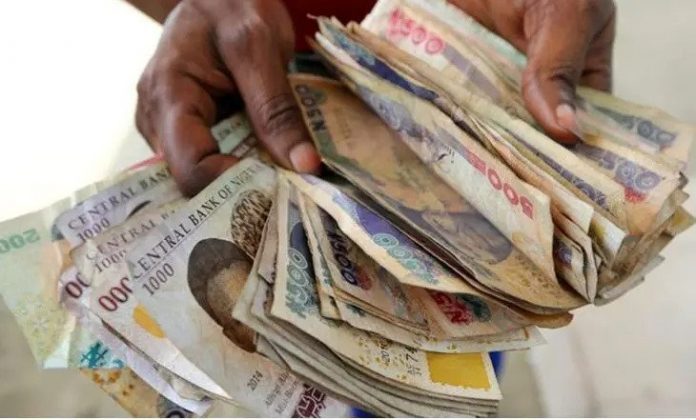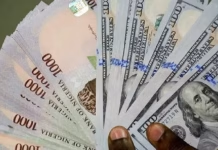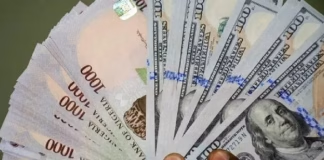The Nigerian Federal Government is considering a plan to raise $10bn to bolster liquidity in the foreign exchange market as the naira experiences a sharp decline. On Tuesday, the naira plunged to an unprecedented low of 1,850 per dollar on the parallel market.
Speaking at the inaugural Public Wealth Management Conference in Abuja, Vice President Kashim Shettima, representing President Bola Tinubu, revealed this initiative.
Organized by the Ministry of Finance Incorporated under the theme “Championing Nigeria’s Economic Prosperity,” the conference aimed to explore strategies for economic stability.
In a statement by the Senior Special Assistant to the President on Media & Communications, Stanley Nkwocha, it was elucidated that the government aims to enhance foreign exchange liquidity to stabilize the naira and propel economic growth.
Nkwocha articulated, “The Federal Government has set a target to raise a minimum of $10bn to bolster foreign exchange liquidity, a critical factor in stabilizing the naira and fostering economic growth.”
Highlighting transparency and accountability as fundamental principles, the President emphasized the importance of prudent management of government assets and investments to maximize revenue potential. This, he believed, would facilitate the realization of ambitious economic goals, including doubling the GDP growth rate and expanding the GDP base over the next eight years.
Furthermore, despite heightened security measures at currency markets such as the one in Wuse Zone 4, Abuja, exchange rate volatility persisted. Traders quoted the dollar’s buying price at 1,820/$ and the selling price at 1,850/$, with a profit margin of 30.
Commenting on the situation, a bureau de change operator, Ibrahim Taura, expressed concern that without effective measures, rates could hit an unprecedented 2,000/$.
Meanwhile, at the official market, the naira appreciated by 1.48 per cent to 1,551/$, following an uptick in forex turnover to $117.32m.
The country continues to grapple with a persistent forex shortage due to declining oil production and reduced foreign inflows. Since the Central Bank of Nigeria floated the naira in June 2023, unifying all segments of the forex market, the local currency has experienced significant devaluation.














